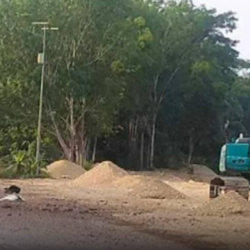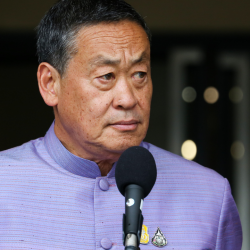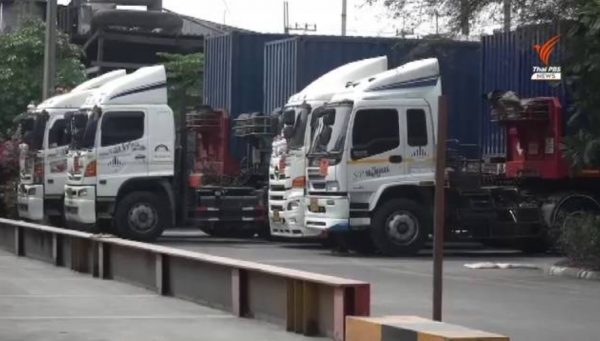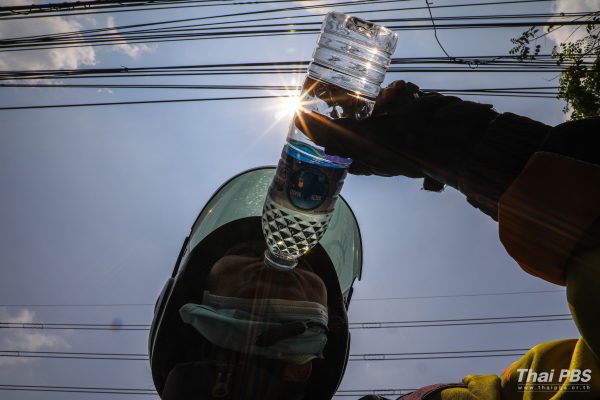Samana Bodhirak: Ascetic leader of Santi Asoke at vanguard of political protest movements
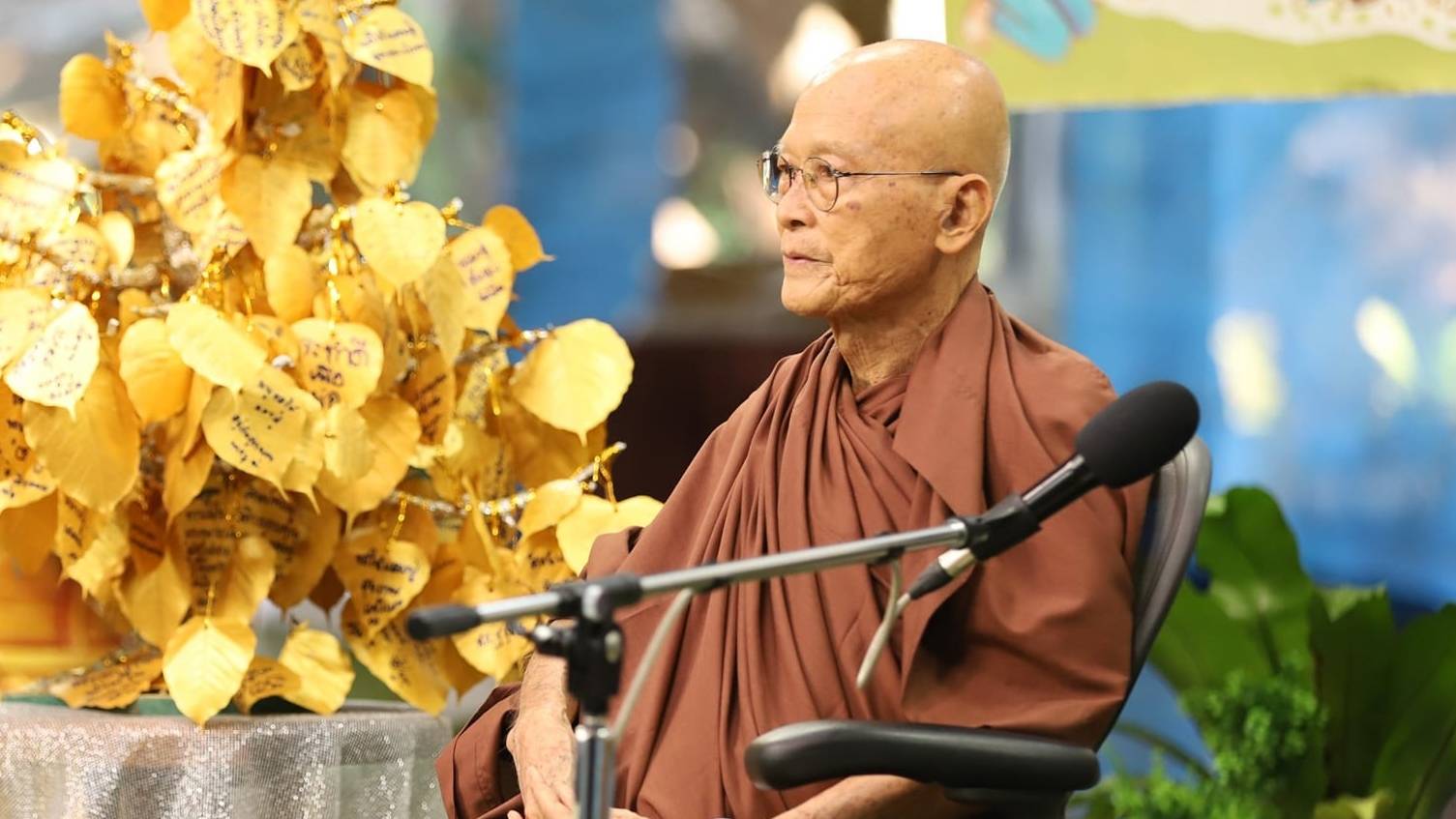
Samana Bodhirak will be remembered as the spiritual leader who founded the Santi Asoke Buddhist sect but never shied away from political upheavals that have shaped Thailand for the past four decades.
Although Santi Asoke is widely considered an ascetic sect, its followers under Samana Bodhirak – who died at the age of 90 earlier this month – have played a crucial role in political movements.
In 1992, this charismatic leader led his followers in a huge anti-government protest at Bangkok’s Sanam Luang that ended in the bloody crackdown known as Black May.
In 2006, he threw his weight behind the yellow-shirted People’s Alliance for Democracy (PAD) protests against Thaksin Shinawatra’s government that culminated in a military coup. Later, he backed several other anti-Shinawatra movements.
Scoring early success
Born as Mongkhon Rakpong in the northeastern province of Si Sa Ket on June 5, 1934, he lost his father at a young age. Biographies record that he was a diligent and dutiful son who helped his mother by earning money whenever he could.
After completing school, he studied visual arts at the Poh Chang Academy of Arts and renamed himself Rak Rakpong. Following his graduation, he launched his career at Thai Television Co Ltd as a producer of children’s and educational programs.
He also taught art at various schools.
His growing fame was accompanied by a reported monthly salary of 20,000 baht, at a time when the Thai prime minister earned just 12,000 baht a month.
With his successful career, he was able to pay for all his six younger siblings’ education after their mother passed away.
Rak also developed a talent for writing short stories, documentaries, poems, and songs. Some of the songs he penned became big hits in the 1950s.
Switching to religion
Rak was reportedly fascinated with black magic at one time. But he gave up his interest in the dark arts after taking up Buddhist studies.
Inspired by the Buddha’s teachings, he began strictly adhering to many precepts including abstinence from sex, meat, and other “intoxicants”.
After spending time on the religious path, he was ordained as a monk in the Theravadan Dhammayuttika Nikaya sect at Wat Asokaram in Samut Prakan at the age of 36. He was given the monastic name of Phra Bodhirakito.
His exemplary behavior earned Phra Bodhirakito followers from both the Theravada and Mahayana branches of Buddhism.
The preceptor who ordained him as a Dhammayuttika Nikaya monk was unhappy when he entered Mahayana orders on April 2, 1973.
Phra Bodhirakito shrugged off the criticism, remarking that Buddhist clergy should focus on the monastic code of conduct and serve Buddhism, rather than on sectarian divisions.
He pointed to his own practice of eating one vegetarian meal per day, not touching money, and living a simple life.
He rejected the sprinkling of holy water and other rituals as practices influenced by Hinduism or animism.
That stance set him apart from most monks under Thailand’s monastic system and earned him many critics.
Facing mounting complaints and even legal action, he eventually stopped calling himself a monk.
From 1975 onward, he referred to himself as “Samana Bodhirak”.
Father of Santi Asoke
In 1976, Samana Bodhirak founded Santi Asoke at a large traditional Thai house in Bangkok’s Beung Kum district that had been donated to him in 1972.
Over time, the Santi Asoke headquarters have expanded to occupy over 13 rai of land.
Adherents of the sect follow Samana Bodhirak’s guidance, living simple lives according to Buddhist precepts in a community inspired by self-reliance.
But they also follow his lead in political activities.
Political role
In 1988, Samana Bodhirak and Chamlong Srimuang co-founded the Palang Dharma Party, which received solid support from Santi Asoke followers.
After Thaksin’s ties with Chamlong turned sour, these followers have turned against Thaksin.
In the following decades, Samana Bodhirak lent his support to various anti-Shinawatra movements, including the PAD and the People’s Democratic Reform Committee (PDRC).
By Thai PBS World’s Political Desk

